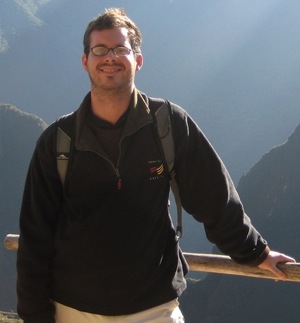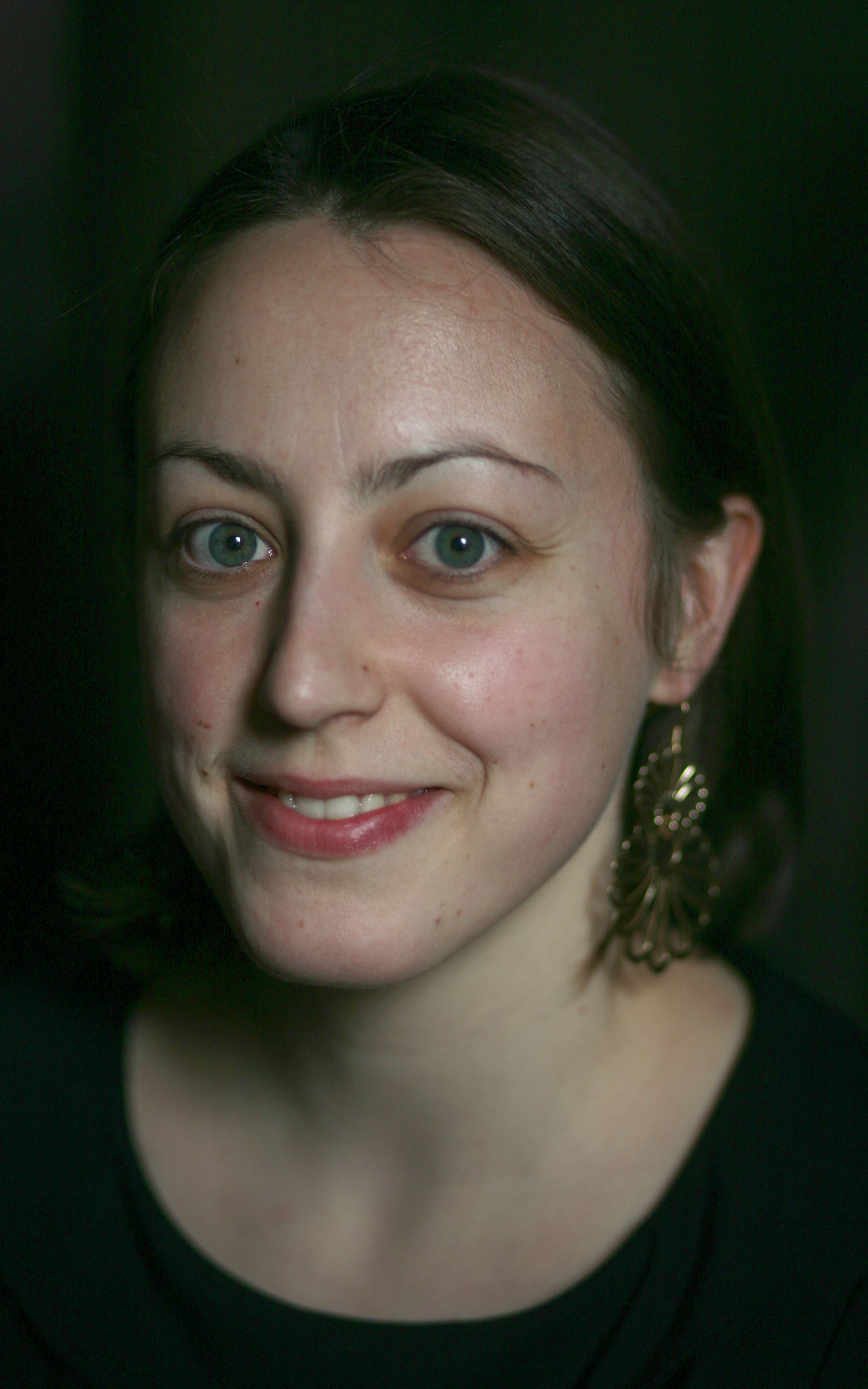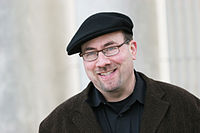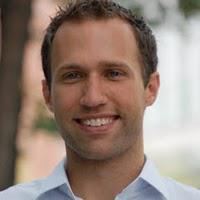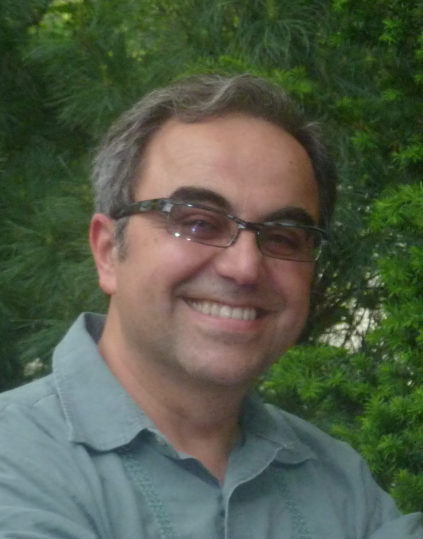Table of Contents
Elusive Objectivity: Finding the Truth is Hard
New Media 360
A Morning of Provocation: Defining the Dimensions of the Problem
Portraying Sources
To assess the truth(iness) of a message, one of the most useful pieces of information is who is the source? Is it someone you trust? Distrust? Never heard of? What personal stake does the messenger have in persuading you? The claim that taking mystery tablet X will give you a glowing complexion and concentration to match is most trustworthy when told to you by your close friend (who gains from doing you a favor), and least when told by a tablet X salesperson (who gains commission on your purchase and loses nothing from your disappointment with the product) or your practical joker colleague (who gains if you have an unfortunate reaction). Continue reading
A Tale of Three Rumors
The more we use social media, the more seasoned we become at assessing the trustworthiness of information that we come across. With rumors constantly flying around, famous celebrities are often mistaken to be dead, while every little move Apple makes triggers an onslaught of buzz around new product features.
This post details three rumors, each with its own path, source, evolution and outcome. One makes it far, cascading through networks of users, fans and followers who decide to amplify and pass on the message, another makes it far but is found to be false, while the third quickly dies. What can we learn from their differences? How can we improve our ability to recognize a false piece of information in realtime? Continue reading
Moving Towards Algorithmic Corroboration
One of the methods that truth seekers like journalists or social scientists often employ is corroboration. If we find two (or more) independent sources that reinforce each other, and that are credible, we gain confidence in the truth-value of a claim. Independence is key, since political, monetary, legal, or other connections can taint or at least place contingencies on the value of corroborated information. Continue reading
Why Facts Matter to the American Idea
The Atlantic magazine is an American institution. It was founded in 1857 in an attempt to define and create a distinctly American voice; to project an American stance, to promote something that might be called the “American Idea.” The magazine gave prominence to the voices of the Abolitionists, and since then, has been on the cutting edge of what is important in our national life (and in the lives of other nations). Its authors have included Emily Dickinson, Mark Twain, and Martin Luther King. Continue reading
Okay, what are we going to do about it?
First, I’m painfully aware that I’m an outsider when it comes to the news business, and I shouldn’t tell anyone how to do their job. Continue reading
Information Forensics: Five Case Studies on How to Verify Crowdsourced Information from Social Media
My 20+ page study on verifying crowdsourced information is now publicly available here as a PDF and here as an open Google Doc for comments. I very much welcome constructive feedback from iRevolution readers so I can improve the piece before it gets published in an edited book next year. Continue reading
Can We Make Fact as Convenient as Fiction?
tl;dr: We’re building an inbox widget that surfaces vetted information when you receive an email forward full of political myths, urban rumors, or security threats. It’s called LazyTruth. Continue reading
On Truthiness and Trust: Teens, Trust, and ICT’s
Related to the concept of “truthiness” is the concept of “trust” — trust in information, trust in information outlets, trust in people as information providers. In my research with teens and their use of information communication technologies (ICT’s) for personal communication and interaction, I have noticed a fascinating trend among U.S. teens: the increasing judgment of the trust value of specific types of information technologies. This assignment of trust judgments to individual technologies can perhaps best be seen in the widespread teen perception of cell phones as being highly trustworthy for receiving and sending information, and landline phones as being highly untrustworthy. Continue reading
Infographic: What News Sources Do People Trust?
Folks, as you may know, I’ve been doing a lot of work with good orgs who are doing factchecking work, and voter protection. As the nation gears up for the general election in November, and news outlets increasingly cover campaign stops and primary results, my craigconnects team asked the polling firm Lincoln Park Strategies to survey likely voters to find out the real deal about what they look for in a news outlet, the trustworthiness of news outlets, and their opinion about the effect of social media on news quality. Check out the infographic to see the survey results. Continue reading
When the News Comes from Political Tweetbots
In July 2010, the blogger Andrew Breitbart wrote a long blog post with a short video excerpt from a speech by Shirley Sherrod. The post went viral and Ms. Sherrod was forced to resign from her U.S. Department of Agriculture position. Afterwards, it was revealed that the excerpt was taken out of context and the accusations were false, but, alas, the damage was done. I’m recalling this story, because in a previous post in this blog, Tim Hwang raised the following issue in the context of astroturfing campaigns:
A deeper problem is one of assigning responsibility – even when revealed, one common issue is the difficulty of figuring out who exactly launched these campaigns in the first place. Continue reading
Ask a Good Question
If the media is the immune system of democracy, as Craig Newmark likes to say, then the act of asking questions of the powerful might be thought of as the mitochondria, the energy source that powers the immune system. A good question is one that presents its recipient with a problem that must be resolved. It may raise uncomfortable facts, or highlight a contradiction, or merely demand that its subject explain him or herself on a topic they have avoided or would prefer to not address. Good questions insist on accountability, and good questioners insist on real answers, not obfuscations. Continue reading
I’m Not a Real Activist, But I Play One on the Internet
Long considered the sketchy backwater of online advertising and malware (though effective!), the technology powering spambots has, slowly and steadily, continued to advance to be more believable, less detectable, and more effective in engaging people online. Continue reading
So, Who Signs Your Paycheck?
I’ve been a reporter and/or editor for a couple of decades now, mostly investigating government and industry. I am accustomed to getting spun – or lied to. It’s part of the job. Continue reading
Misinformation and Propaganda in Cyberspace
Since the early days of the discipline, computer scientists have always been interested in developing environments that exhibit well-understood and predictable behavior. If a computer system were to behave unpredictably, then we would look into the specifications and we would, in theory, be able to detect what went wrong, fix it, and move on. Continue reading
About Truthiness in Digital Media
As the networked media environment increasingly permeates private and public life, driven in part by the rapid and extensive travels of news, information and commentary, our systems for identifying and responding to misinformation and propaganda are failing us, creating serious risk to everything from personal and financial health, to fundamental democratic processes and governance. In this age when many would argue that news and information have become key ingredients of broad social progress, our supply is tainted. Continue reading


